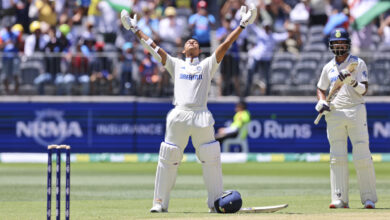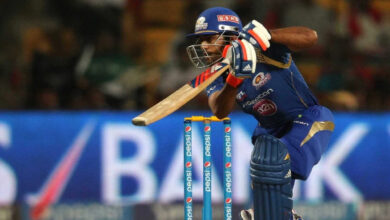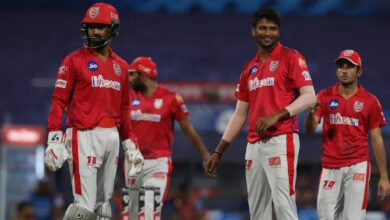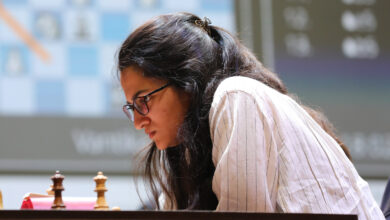Explained: Why are best footballers in the world talking about going on strike | Football News
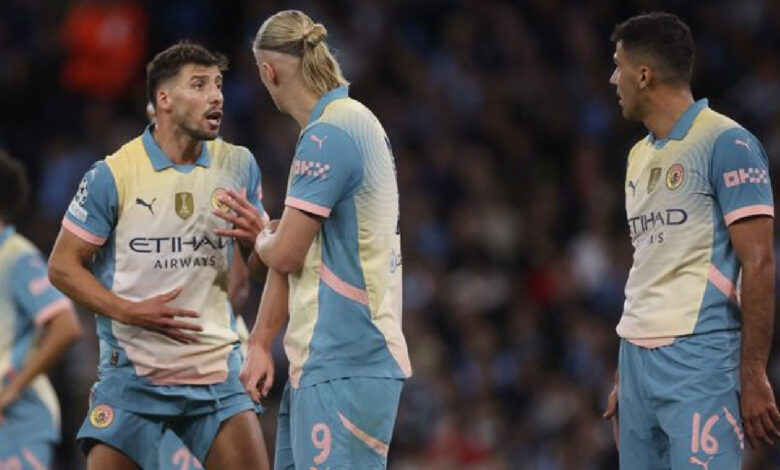
“I think we are close to that (strike)”. “The schedule is completely crazy”. “Nobody asks the players what they think about adding more games. Maybe our opinion doesn’t matter.”These are just some of the statements of Manchester City’s Rodri and Bernardo Silva, and Liverpool goalkeeper Alisson underlying their annoyance at the recent additions in the football calendar. Most of their peers will have similar feelings.
With the expanded UEFA Champions League adding at least two more games to an already crammed schedule, and the Club World Cup scheduled next summer after the European season, in theory, Manchester City players may have to turn out for at least 68-70 matches if they reach the finals of all the tournaments that they are part of. With international matches scheduled in the middle of all this, the number could get even higher.
Here’s taking an in-depth look at how the players were driven to this point:
How does the Champions League’s new format affect players?
With the Champions League expanding to 36 teams this season, the familiar group stage has been abolished and a single league table introduced. Here, each of the 36 teams play eight opponents, four home and four away, randomly assigned a computer. With the glut of fixtures, the initial stage of the Champions League will now extend to January, rather than December when the old group stage normally ended. It also means that all 36 teams now have to play at least two more matches. In total, the number of games this season has risen to 189 from 125 in the past two decades.
Even though the players and clubs will be paid handsomely, the physical toll on the footballers cannot be denied. At Euro 2024, players looked fatigued, having completed their domestic season a few weeks before the extravaganza in Germany.
What is the role that players’ unions are playing?
The Professional Footballers Association (PFA) and French players’ union have initiated legal action against FIFA over the overloaded football calendar. They also have the support of the European office of the players’ union (FIFPro). The PFA said that it “joined a legal case which will seek to challenge the structures of the current football calendar enforcing the legal rights of players to take guaranteed and protected breaks”.
“Everyone across football knows that the fixture calendar is broken to the point that it has now become unworkable,” PFA chief executive Maheta Molango had said while David Terrier, FIFPro Europe president said “since all attempts at dialogue have failed, they have no choice but to go to the legal route.”
Why has the Club World Cup raised the ire?
Most of the players’ and clubs’ ire has been directed towards the Club World Cup with FIFPro even terming it as “the straw that broke the camel’s back”. The PFA and FIFPro do not have a problem with domestic competitions which have remained unchanged.
Additionally, the relations between FIFPro and UEFA are not strained, so the remaining additional competition – the Club World Cup – is the fall guy. It also hasn’t helped its case that the competition has been struggling to attract broadcast and sponsorship deals.
“The problem will come when we finish the Club World Cup. We know there will only be three weeks between the Club World Cup final and the first day of the Premier League. You have three weeks to take a vacation, and prepare to play another 80 games. We can try to say something, no solution has been found. They don’t care. It’s money that talks,” City’s Kevin de Bruyne stated.
How will the strike work?
According to The Athletic, if the players eventually decide to go on strike, the decision needs to be coordinated between the players’ unions, either FIFPro or the PFA, and will be the last resort.
The unions would then have to ask their membership base if they support a strike, which would then require a majority backing from the ballot to proceed, the report stated further. However, any competition which will be affected has the option to take legal action against the strike.
It’s a long-winded process and something that all parties will try to avoid through discussion to find a middle ground. If that fails and there are no meaningful changes to the calendar, the players might have no other alternative. But a full-fledged strike is still some way off.



